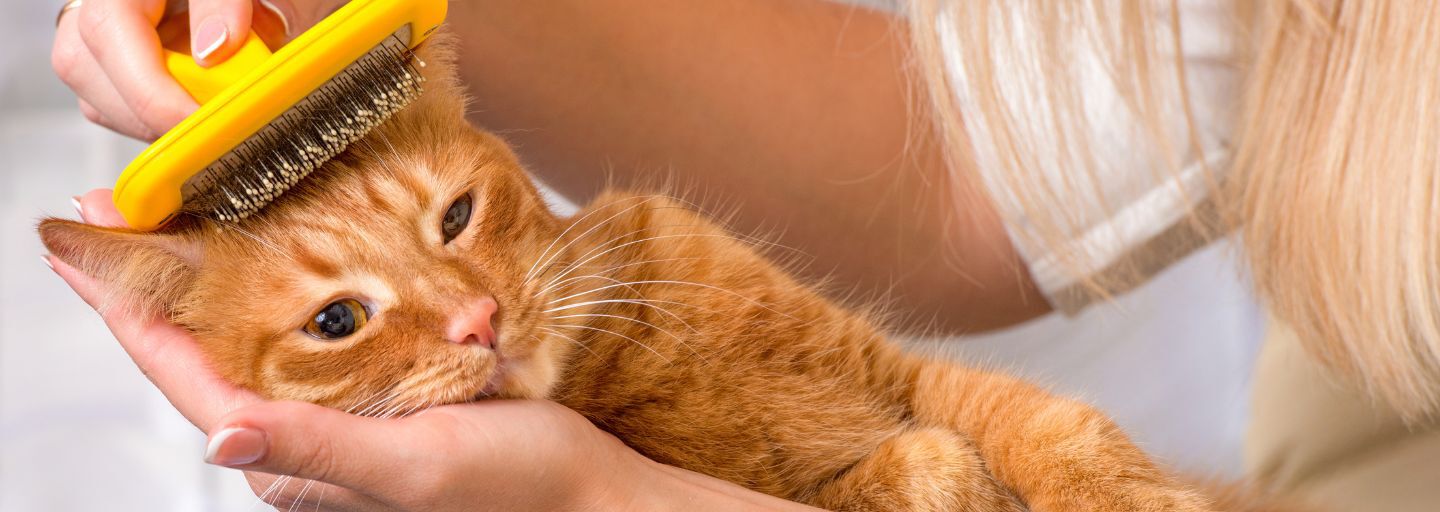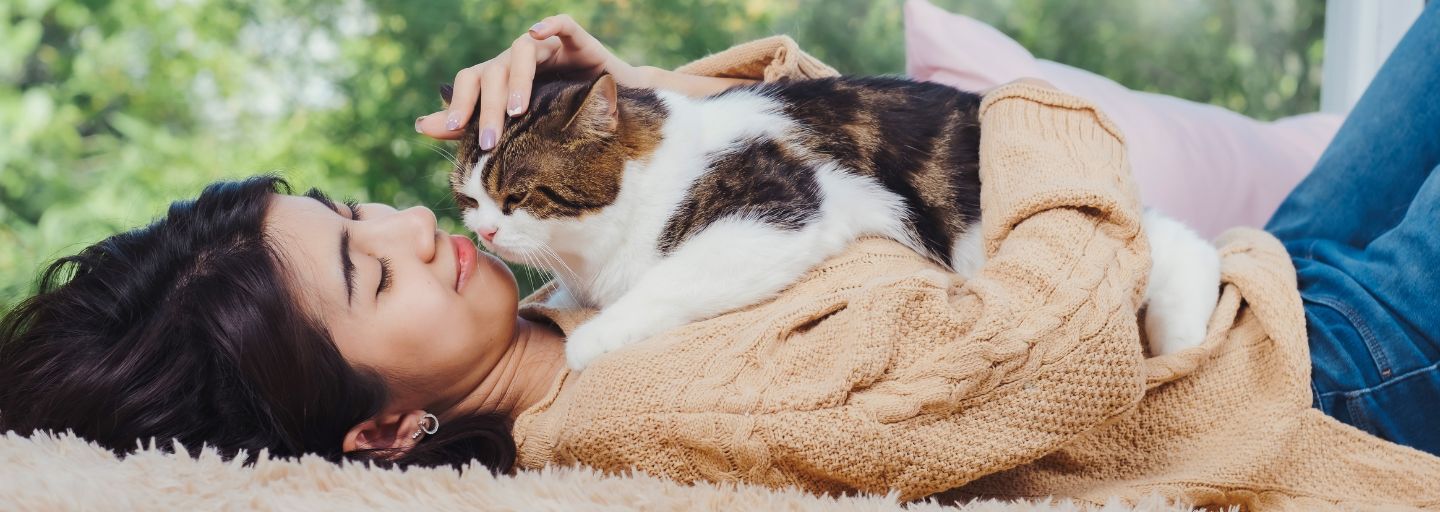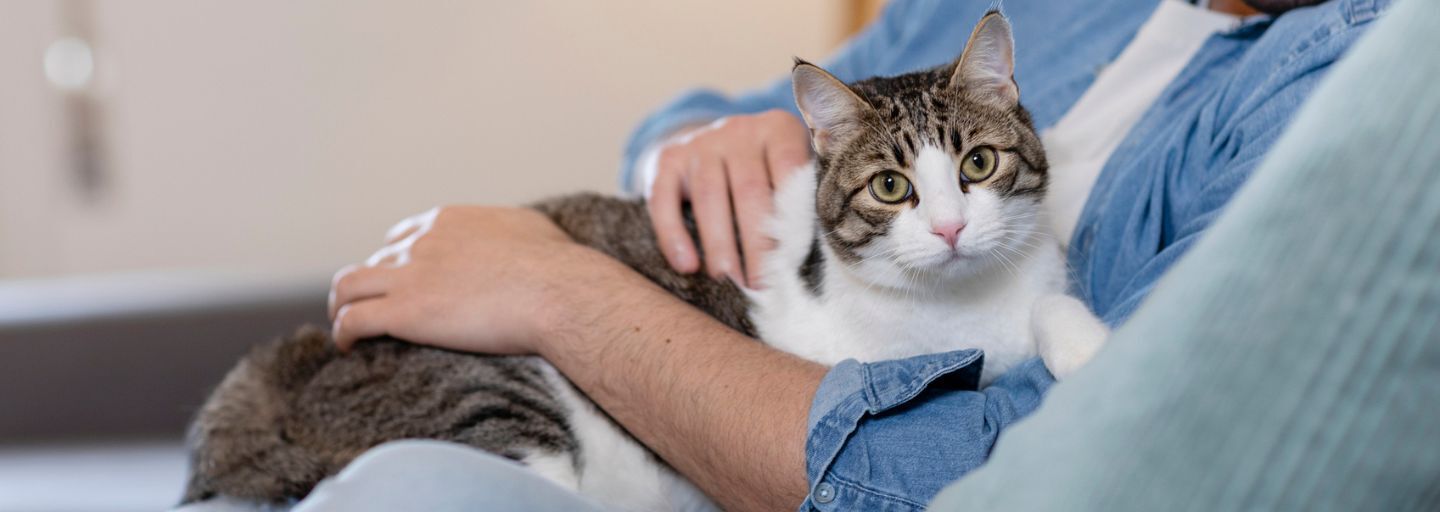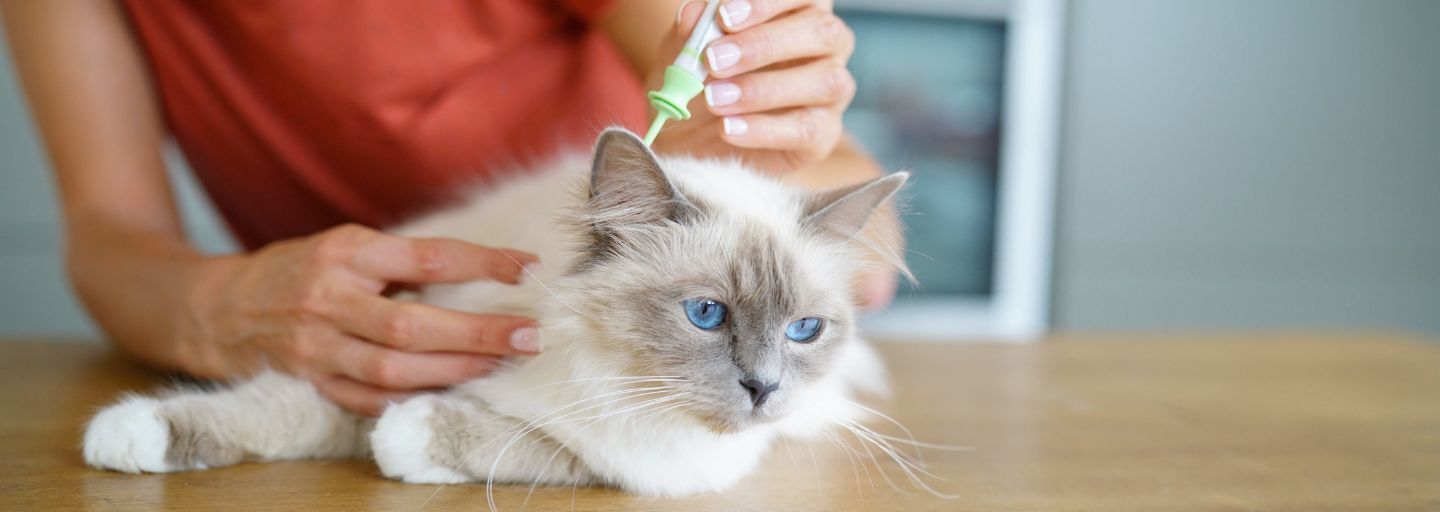Hair loss in cats can be a concerning symptom and may indicate various underlying medical conditions. If you notice that your cat is losing hair, it is important to consult your veterinarian to determine the cause and appropriate treatment.
Finding The Cause of Cat Hair Loss
There are several potential reasons for hair loss in cats, including:
Parasitic Infestations
Fleas and mites can cause irritation and lead to hair loss. Your veterinarian will examine your cat for signs of these parasites and discuss a flea treatment regime if necessary. They may recommend topical treatments, oral medications, or collars to eliminate the infestation and prevent further hair loss.
Fungal or Bacterial Infections
Ringworm and other fungal or bacterial skin infections can cause hair loss in cats. Your veterinarian may need to take skin scrapings or hair samples for testing to identify the specific infection and prescribe appropriate treatment. Antifungal or antibacterial medications, medicated shampoos, or topical ointments may be recommended to treat the underlying infection and promote hair regrowth.
Hormonal Imbalances
Hormonal problems, such as thyroid disorders or adrenal gland issues, can contribute to hair loss in cats. Blood tests may be necessary to evaluate hormone levels and guide treatment. Depending on the specific hormonal imbalance, medications, dietary changes, or other interventions may be recommended to restore hormonal balance and improve hair growth.
Allergies
Cats can develop allergies to certain foods, environmental factors, or substances they come into contact with. Allergic reactions can lead to itching, scratching, and hair loss. Your veterinarian may recommend an elimination diet or allergy testing to identify the allergen and develop a management plan. Treatment options may include dietary changes, hypoallergenic diets, antihistamines, or immunotherapy to reduce the allergic response and alleviate hair loss.
Excessive Grooming
Cats are known for their grooming habits, but excessive grooming can lead to hair loss. This behaviour may be triggered by stress, anxiety, or boredom. If behavioural factors are suspected, your veterinarian may recommend behaviours modification techniques, environmental enrichment, or anti-anxiety supplements. Identifying and addressing the underlying cause of stress or anxiety can help reduce excessive grooming and promote hair regrowth.
Cat Hair Loss Treatment
To determine the appropriate treatment for your cat's hair loss, a thorough physical examination by your veterinarian is essential. They may need to perform diagnostic tests, such as skin scrapings, blood tests, or hair samples, to identify the underlying cause.
Once the cause is determined, treatment options may include:
- Parasite Control: If fleas or mites are found, your veterinarian will discuss a flea treatment regime and recommend appropriate products to eliminate the infestation. Regular flea prevention measures should be implemented to prevent future infestations.
- Medications: Depending on the underlying cause, your veterinarian may prescribe medications such as antifungal or antibacterial treatments, hormone supplements, or allergy medications. These medications may be administered orally, topically, or through injections, as determined by the specific condition.
- Environmental Changes: If stress or anxiety is contributing to your cat's hair loss, your veterinarian may suggest modifications to their environment, such as providing hiding spots, interactive toys, or pheromone diffusers. In some cases, anti-anxiety medications or supplements may be recommended to help reduce stress and promote hair regrowth.
It is important to follow your veterinarian's recommendations for treatment and follow-up care. Regular monitoring and re-evaluation may be necessary to ensure the effectiveness of the treatment and address any changes in your cat's condition.
Health Information: The information on our website is intended to impart general nutrition and health information, and is not intended for diagnostic or treatment purposes. Purina is not engaged in rendering veterinary advice or services and always recommend consulting a qualified veterinarian for veterinary advice or services.







